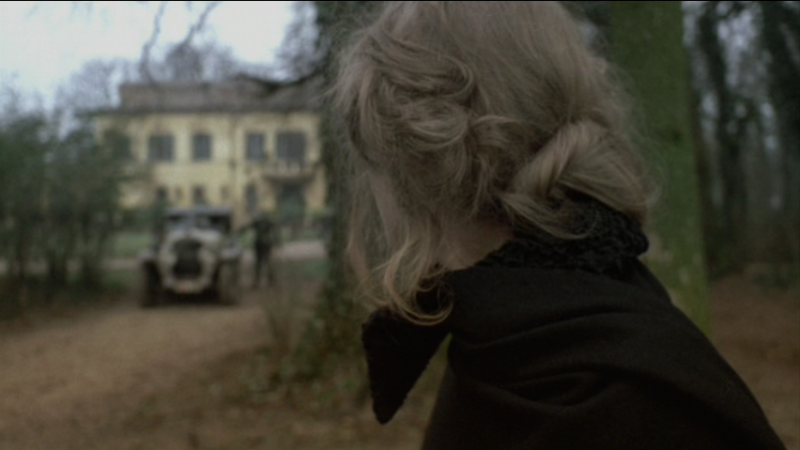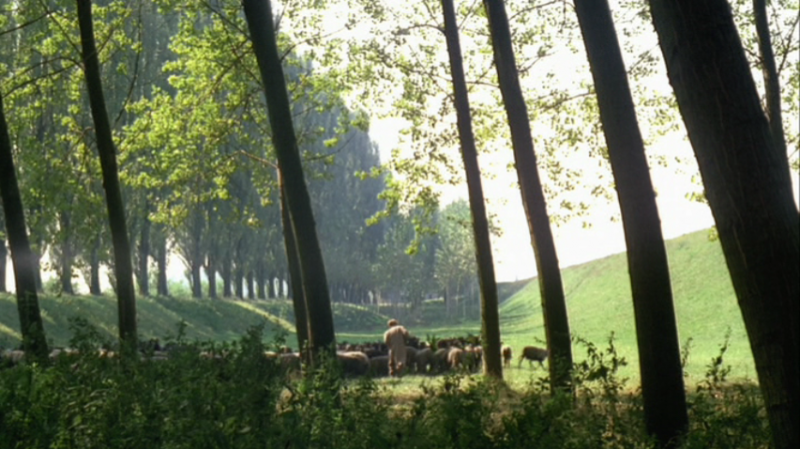History is inevitable. It may not be predictable, but it is inevitable.
Families, struggles, problems, politics will continue on.
None of this happens in a void.
If there is one truth about history it is that everything related to human beings is not beyond the influence of the human beings who came before them. If there is one lie it is that we all start at zero. Some start well above zero, some start well below it. Most political debate lives within the realm of trying to quantify how close to zero most people can or should be able to start. Is it even possible to make a difference?
The struggles of Italy are seen in two families. This is allegory on a grand scale, but it is so much deeper than allegory. These are people and people make weird decisions that shock us, decisions that don't support our theory of the world. Sometimes they make decisions that don't mean much, sometimes they make decisions that have lingering consequences.
Paradoxes, contradictions, indecisions. This is where humanity lives.
Bertolucci is not deterministic and he has made a film that breathes differently than many other similar epics. And it is all more complicated than it seems; more complicated than a simple affirmation of one political ideology over another. These are people. These are lives.
The struggle is not communism and fascism: the struggle is reality and ideal. The trick is that each person sees one as the reality and the other as the ideal. They must then fight to make the ideal a reality.
That's how wars get started.
But it is also personal. People wish they were different. Stronger, smarter, richer, healthier. Everyone feels a struggle between reality and ideal. For some, it is seen on their face, felt in their responses. For others, it is seen after the fact, in regret, or before the fact in an over-compensating arrogance.
"The padrone lives." Or does he?
Bertolucci wonders. Has he ever lived?
Has he ever done anything beyond follow the lines set out for him?
Has he ever done what he wanted?
Has he ever been free?
"The war is over," the man says after he is shot on Liberation Day, before stumbling across a pasture of sheep holding his wounds.
That's how it goes, sometimes.
Not everyone knows. Not everyone cares.
What is peacetime for one may be the beginning of a war for another.
The hostility will continue, regardless because everyone feels entitled to get what they think they deserve.
It was up to those before you to say which side of victory you fall on.
Who knows? Maybe you'll get lucky.
Or maybe you'll get all the way to the end before you realize there is no such thing as progress.
film journal entry: 05.17.2013


No comments:
Post a Comment